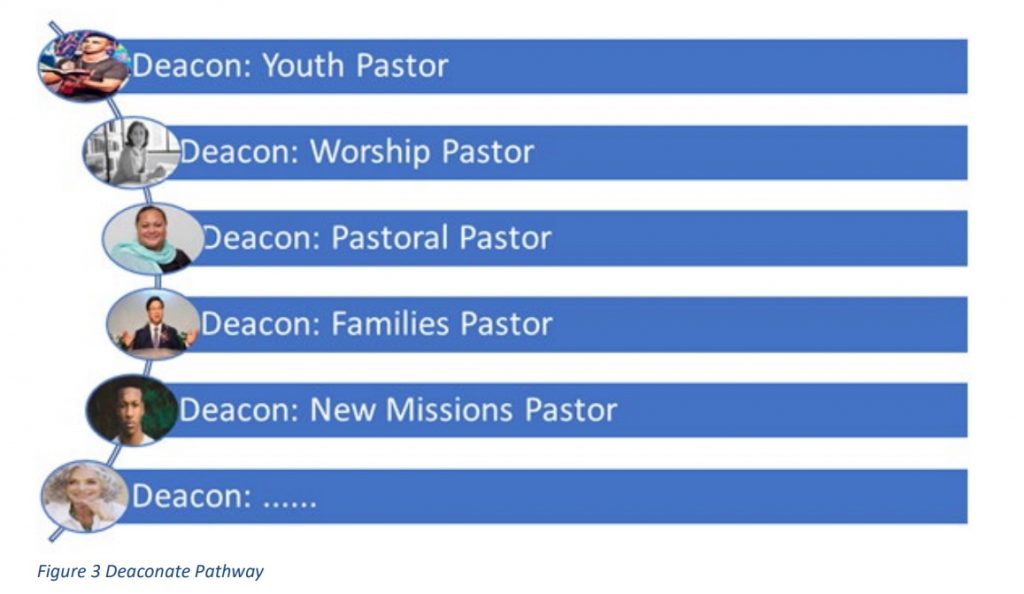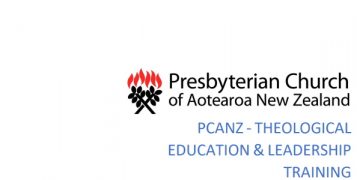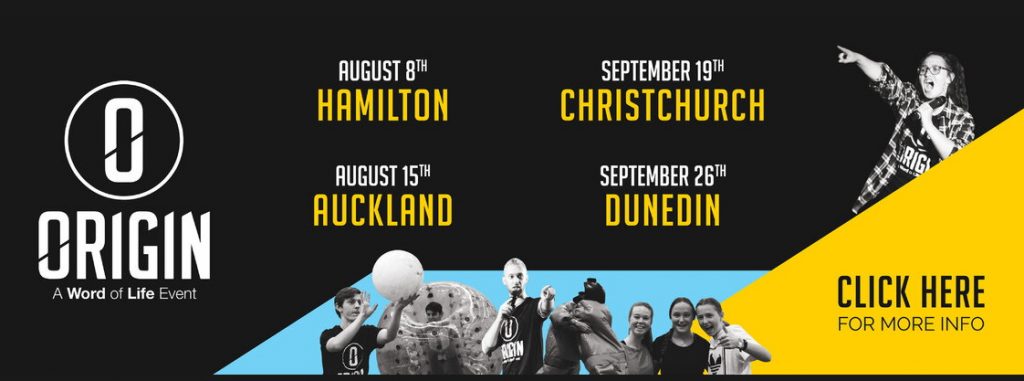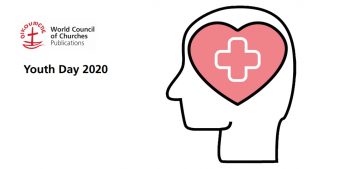This could have big implications for youth ministry in our churches.
The team is recommending a number of things, including making changes to the way ministers are trained, what happens when a minister comes from a Presbyterian Church overseas or from another denomination, there are also some changes to the Presbyterian Research Centre, all of which you can give feedback on.
We wanted to highlight a couple of the recommendations as they may affect you as a youth leader. They are proposing to create a second tier of ordination below the minister. They would call such people deacons, and would have titles such as Youth Pastor. To become a Deacon there would be a lower entry level than for ministers, there would also be a shorter internship, and there would be a graduated training scheme if the deacon then decided to become a minister later on.
We are sure the team will receive much feedback from ministers and elders, but we think it is important for youth leaders to give feedback to this proposal as well because it affects youth workers and youth leaders. Whether you support it or not, it will be helpful for the team to hear your opinions
Video
.
The Report
Here is the full report (61 pages)
Text in Red is directly from the report. In the Executive Summary it names 5 major streams coming out of the recommendations. Here are the two affecting youth workers.
2. We are suggesting the establishment for a new Diaconate which will replace LOM as a flexible second tier of ordained ministry. The Diaconate will have lower entry barriers and will be open to youth and other recognised ministries. We expect that a number of Deacons will also go on to become Ministers through a graduated training scheme.
4. We are suggesting retaining the core of the internship as an excellent model, but also making some simplifications and changes in delivery so as to provide for the incorporation of Deacons into a mini- internship and Ministers from other churches into a micro-internship.
Findings
The report then has 30 pages or findings from the teams research which are worth looking at. In their general survey, the themes that related to youth are:.
4. Youth: There was a real concern about the aging of the PCANZ, and a loss of youth. There was a repeated emphasis on ministry to children and youth. There were comments about reducing the average age of leaders and making our calling attractive and accessible to younger leaders. “All our leaders need ongoing training to be able to relate to children and youth.” We heard that “if we recognize there are different age cultures in our church, we need to recognize that all our Ministers need to be able to connect with those different age cultures and especially youth and children, not segmenting that work to someone else.” There was a call for ordaining youth pastors, and with some extra training seeing them transform into our current ordained role. We also heard a cry to improve the pay-scale and terms of employment for youth workers. There was feedback to recognize other specialist roles also. “We need to inspire and mentor young people to become Ministers.”
-Page 15
From the Presbyteries they heard:
- We need ordained pathways for Children’s and Youth ministries in order to resource our churches better.
- We need ways to train and recognise lay leaders and lay ministry and consider ordained children’s and youth leaders.
When the group looked at the current practice in regards to Youth and other recognised ministries they said:
We have heard a cry for a better career structure for youth workers, and a pathway for progressive vocational growth. This call for training youth and other recognised ministries has been heard for many years now and was reflected in the 2008 review of the school of ministry. In Dr Rae’s report streams of training for youth workers were envisaged. The church currently provides specific youth work training through PYM and we hear a call for further coherence of training and a clearer pathway through training.
-Page 27
Conclusions
So taking into account what they heard, the group had the following conclusions:
Youth and other Recognised Ministries
13. There is a need to mark-out, but not necessarily provide pathways for career development for those individuals who feel a call to specialised ministries such as youth, children and families, music and worship, and pastoral care.
14. People who work in specialised ministries for 3 to 5 years could benefit from ordination by their Presbytery to a diaconate with the title of Pastor.
15. The LOM pathway would incorporate into the diaconate pathway.
16. A deaconate pathway could incorporate a discernment phase, a training phase, and a miniinternship.

Ministers (National & Local)
17. LOM should be replaced with a second tier of ordination (Deacon) with a reduced scope and a reduced expectation of pre-ordination study.
18. We value an educated clergy, but we need to be more nimble and able to quickly deploy new workers with lower academic qualifications.
19. Ordination to a diaconate with the title of ‘Pastor’, could enable the replacement of LOM with a more functional and theologically coherent alternative.
20. A Deacon might oversee one ministry and a Minister with a higher level of training should oversee a wider range of ministries. Deacons would be able to preach and administer both sacraments.
21. A simplification of internship could be beneficial to the NOM pathway, some Deacons may go on to become Ministers.
Feedback
Each Presbytery has a different format for giving feedback. We suggest your contact your Presbytery to find out how. The time frame is short also, probably by 12 August
Pacfic Presbytery – Clerk@pipresbytery.org
Te Aka Puaho – tukua2yruatap@gmail.com
Northern – clerk@northpres.org.nz
Kaimai – convenor@kaimaipresbytery.org.nz
Central -peter.m@presbyterycentral.org.nz
Alpine – martin@alpinepresbytery.org
Southern alan@southernpresbyterians.nz





